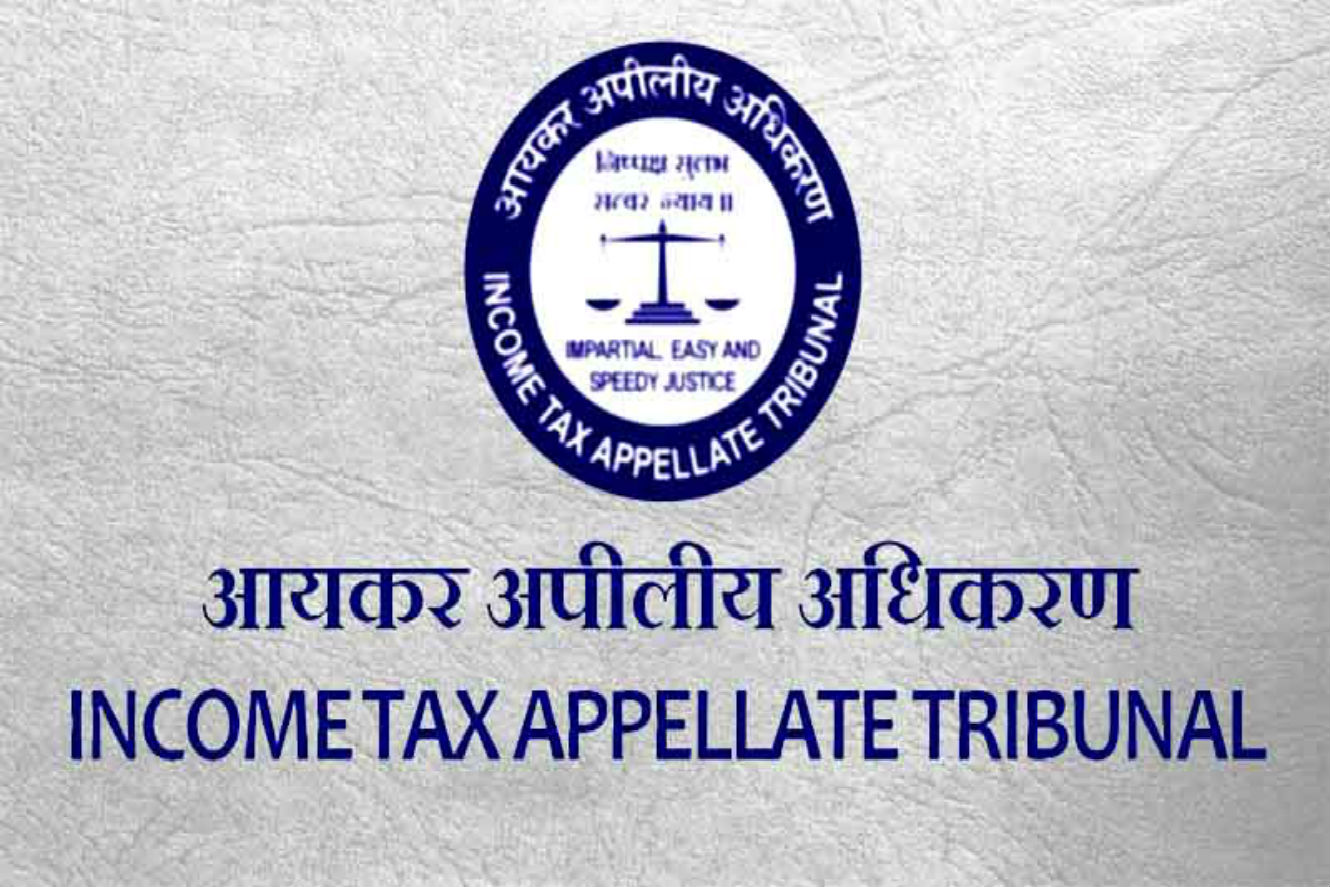Shamsher Bahadur, J.@mdashIt is an unfortunate case from the point of view of the minor Kanti Devi alias Tripta Devi whose custody has been claimed by both her parents, each of whom has remarried. The application out of which this appeal arises was presented by the father of the minor, Suba Ram (respondent), u/s 25 of the Guardians and Wards Act, on 28th of October, 1958. The prayer made in the application has been acceded to by the learned District Judge of Gurdaspur and Mst. Samitran Devi, the mother of the minor Kanti Devi, has preferred an appeal to this Court.
2. The minor, who is about 9 years old, was admittedly born when the parties were living together as busband and wife. The parties were married to each other about 11-12 years ago. The minor, Kanti Devi alias Tripta Devi, was Horn before the parties started living separately. Their relations thereafter became strained. Ultimately Samitran Devi married Kundan Lal while Suba has remarried Raj Kumari. The minor who was born in the house of the maternal grandparents is living there.
Suba Ram has been quite persistent in his efforts to obtain the custody of the minor. At first, the appellant Samitran Devi took proceedings for the custody of the child in 1955 and made a statement before the District Judge on 1st of August, 1955 that the minor would be handed over to the father after two years. The minor was handed over to Samitran Devi and the father has now presented the present application for appointment as a guardian. Samitran Devi does not intend to keep the child with herself.
She has desired that her parents should be made responsible for her upbringing. There is no evidence to show that the father who is the natural guardian has unfitted himself in any way to be a guardian of his daughter. It may be that he has taken another wife but the mere presence of the step-mother is no ground to deny a father his undoubted right of custody of his child. Mr. Shambu Lal Puri, the learned counsel for the appellant has urged that the minor being a girl and the father having taken a second wife, it would be in her interest and welfare if she were permitted to remain with the maternal grand-parents, in whose house she was born and is being maintained.
Samitran Devi has denied that she ever made a statement before the District Judge that she would hand over the custody of the child to Suba Ram. It has been found by the learned District Judge that she has told a falsehood in this respect. In the opinion of the learned District Judge the undertaking which had been given by Samitran Devi should be honoured in its observance and not the breach. I agree with the reasons which have prompted the learned District Judge to allow Suba Ram the guardianship of his minor daughter.
3. Mr. Puri has raised a legal objection that the application u/s 25 of the Guardians and Wards Act is not competent as the ward neither "left nor was removed" from the father''s custody. The minor never having lived with her father (Suba Ram) it is contended that it could not be said by any stretch of the language that she either left or was removed from his custody. There is a conflict of judicial authority on this point but there is preponderance in favour of the view that the custody need not be physical or actual but may be constructive.
It is to be borne in mind that if a minor is effectively kept away from his guardian, the latter may never be able to get the custody of the ward u/s 25 of the Guardians and Wards Act. Admittedly, there is no provision of law in the Guardians and Wards Act to provide Suitable redress in such cases. It was held by their Lordships of the Privy Council in Mrs. Annie Besant v. Narayaniah ILR 38 Mad 807 : (AIR 1914 PC 41), that
"a regular suit by the guardian is incompetent and he should invoke the jurisdiction of the Court under the provisions of the Guardians and Wards Act."
Similar observations were made by a Full Bench of the Madras High Court in Sathi v. Ramandi Pandaram ILR 42 Mad 647 : (AIR 1920 Mad 937). It follows therefore that the remedy of a guardian who has been denied the custody of his child from its very birth must be found within the four corners of the Guardians and Wards Act. If the contention of Mr. Puri is accepted, Suba Ram as the father of his minor daughter would never be able to obtain the custody of his child.
This would be an intolerable situation and a strained interpretation of the word "custody" must therefore be avoided. It was held by a Division Bench of the Calcutta High Court (B.K. Mukherjea and Biswas, JJ.) in
"the word ''custody'' as used in Section 25 refers not only to actual but also to constructive or legal custody. When the father of a child is alive and has not abandoned his right, the maternal grandfather or for the matter of that any other relation who has the actual custody of the boy must be deemed to have that custody with the knowledge and consent of the father.
Legally it is the father who has the custody of the child in such circumstances, and the child can be deemed, within the meaning of the section to be removed from such legal custody, when the person in whose actual possession he is, repudiates to the guardian''s knowledge the right of the latter to the actual or legal custody of the minor." I am in respectful agreement with the reasoning of the learned Judges of the Calcutta High Court and, in my opinion, it is fully applicable to the facts of the present case. A similar view was held by Mr. Justice Wadia of the Bombay High Court in
It does not necessarily mean a guardian duly appointed by the Court, but includes a natural guardian or a de facto guardian, and that the term ''custody'' includes actual as well as constructive custody of a minor, and the section is not limited to enforcing the rights of a guardian in the extreme cases of an actual leaving or removal of the minor.
4. The view of the Allahabad High Court is also in consonance with this interpretation which, in my opinion, accords with common sense. In
"the expression ''guardian'' used in Section 25 of the Guardians and Wards Act is not confined to statutory guardians, but includes the lawful guardian, such as the father, and the custody referred to in that section includes both constructive as well as actual custody".
This view was affirmed by a later Division Bench of the same Court consisting of Sir Shah Muhammad Sulaiman Acting C.J. and Sen, J., in
"the meaning of the word ''custody'' in Section 25 of the Guardians and Wards Act is not restricted to the actual physical custody of the guardian." The custody of the maternal grand-mother in this case was held to be constructive custody of the father and her refusal to hand over the child to the father amounted to a removal from the constructive custody of the father.
5. The view of the Punjab High Court is contained in the Single Bench judgment of Bhide, J. in Mt. Basant Kaur v. Gian Singh AIR 1939 Lah 359. It was held by Bhide, J. that
"the father has an inalienable right to the custody of bis children and he cannot be deprived of it except for strong reasons." Though Bhide, J. did not definitely rule that a hither who never held the custody of the child could apply u/s 25, he gave custody to the father in that case.
6. The view of the Madras High Court has been expressed in a Division Bench judgment (Sadasiva Ayyar and Napier, JJ.) in Mohideen Ibrahim Nachi v. Mahomed Ibrahim Sahib ILR 39 Mad 608 : (AIR 1917 Mad 612 (2)). It was held that
"a father can apply u/s 25 of the Guardians and Wards Act for the custody of his minor son though the minor had all along been in the custody of his grand-mother but never in the custody of his father." In the words of Sadasiva Ayyar, J.:
"the word ''custody'' in all the three places where that word occurs in Section 25(1) includes both actual and constructive custody of a minor,"
The same view has been affirmed by Raghava Rao, J. in
7. The opposite view which has been taken by the Bombay, Nagpur and Rangoon Courts adopts the reason that the word ''custody'' aj used in Section 25 means actual custody and it cannot be said that a minor who has never been in the custody of his guardian, has either left or been removed from such custody. According to these authorities, a guardian who never had actual custody of the ward cannot make an application u/s 25 of the Guardians and Wards Act. The authorities are :
(1)
(2) Shivawwa v. Chenbasappagowda AIR 1941 Bom 344,
(3) Dhan Kumari Devi v. Mahendra Singh, AIR 1923 Nag 199, and
(4) Manoo Ali v. Hawabi AIR 1938 Rang 63.
8. For the reasons which I have indicated aforesaid, I venture to think that custody means both actual and constructive custody. To exclude constructive custody would be to place a restriction which is not justified in the context of the Act Likewise, the word ''removal'' has to be construed liberally. It is not limited to physical removal and constructive removal clearly falls within the ambit of this word. This construction alone will enable Courts to entertain applications of such guardians who have been unjustifiably deprived of the custody of their wards.
9. In my opinion, the application of the respondent was clearly maintainable and has been rightly decided by the learned District Judge. This appeal fails and is dismissed. As a debatable point of law has been raised by Mr. Shambu Lal Puri, I would make DO order as to costs of this appeal.

